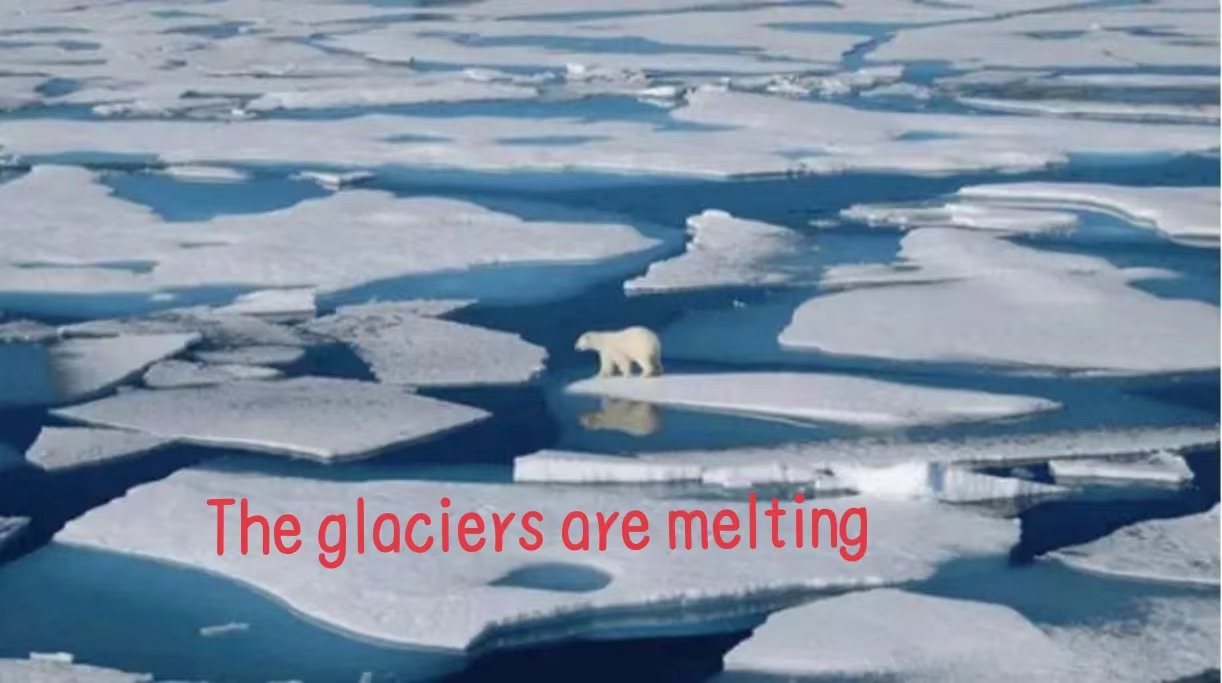Concept of global warming:
Global warming refers to the increase in the temperatures of Earth’s oceans and atmosphere.
This phenomenon has become a major concern for scientists, policymakers, and the public due to its potential impact on the environment and human life.
Causes of global warming:
a) Human activities: Increased greenhouse gas emissions from activities such as burning fossil fuels, deforestation, and industrial processes contribute to the greenhouse effect, trapping heat in the atmosphere.
b) Natural factors: Natural factors like volcanic eruptions and variations in solar radiation can also influence climate, but current scientific evidence suggests that human activities have been the primary driver of global warming.
Impacts of global warming:
a) Rising sea levels: As global temperatures rise, glaciers and ice sheets melt, causing sea levels to increase. This leads to coastal flooding and erosion.
b) Altered weather patterns: Climate change can result in more frequent and intense extreme weather events, such as hurricanes, heatwaves, and heavy rainfall.
c) Ecosystem disruptions: Climate change can disrupt ecosystems and lead to the loss of biodiversity. Changes in temperature and precipitation patterns may affect the distribution and behavior of plant and animal species.
d)Other impacts: rising temperatures, more frequent and intense heat waves, and melting ice caps.












China’s measures to tackle global warming:
a) Promotion of renewable energy: China has invested heavily in renewable energy sectors such as solar and wind power and has become the world’s largest producer of renewable energy.
b) Carbon reduction targets: China has committed to peak its carbon emissions by 2030 and achieve carbon neutrality by 2060.
c) Energy efficiency improvements: China aims to improve energy efficiency in industrial sectors and promote the use of clean and efficient technologies.
d) Afforestation and reforestation: China has implemented initiatives to increase forest cover and reduce carbon dioxide levels.
e) Improvement of energy efficiency: China is taking steps to improve energy efficiency by reducing energy consumption.
Applicability of China’s measures to other countries:
These measures taken by China can serve as valuable examples for other countries. The investments in renewable energy, energy efficiency improvements, and the establishment of carbon markets can be applicable and beneficial for other nations. However, it's important to consider that the effectiveness of these measures may vary depending on each country's specific circumstances, including available resources, political will, and socio-economic factors. Therefore, a tailored approach is needed to address global warming in each unique context.
Individual’s actions to address global warming:
a) By reducing carbon emissions through actions such as walking or cycling instead of driving, conserving energy, and minimizing the use of disposable resources like plastic and paper, we can contribute to mitigating global warming.
b) Promoting environmental awareness among our peers, using social media platforms to spread eco-friendly knowledge, and advocating for sustainable practices at home and in our communities can have a significant impact.
c) By supporting sustainable development, opting for eco-friendly products, and investing in environmental companies and organizations, we can contribute to a greener future.
Future expectations:
Although the challenge of global warming remains significant, it is firmly believed that with concerted efforts, global warming can be mitigated, and a more sustainable world for future generations can be achieved.